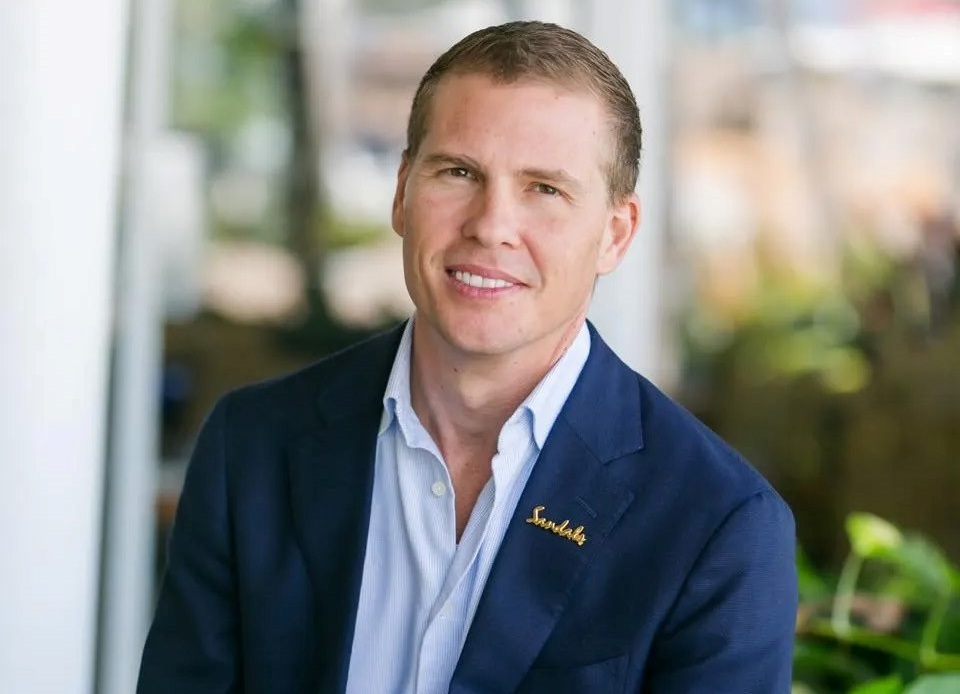#Jamaica, April 24, 2018 – Kingston – Seventeen-year-old Jason Palmer* wants to fulfill his dream of becoming a pediatrician and has taken the first step by getting involved in the ‘We Transform’ youth empowerment and reintegration programme.
Jason, who is a ward at the Rio Cobre Juvenile Correctional Centre in St. Catherine and is currently undertaking studies in Human and Social Biology, Mathematics, Principles of Business and Office Administration in preparation to sit the 2018 Caribbean Secondary Education Certificate (CSEC) exams in May, says he’s looking forward to the future.
“I would like to become a pediatrician. When I was growing up, my mother took care of children, and I was always there helping her, so I came to love doing that. I would like to go to college. Here at Rio Cobre, they are helping me to get the subjects I need,” he shares.
Launched under the theme ‘Save a Child, Change a Nation’, the We Transform programme is being implemented through the Department of Correctional Services (DCS) in four juvenile remand centres for the rehabilitation and reintegration of youth offenders.
It targets some 242 children between the ages of 12 and 17 in the centres as well as youth offenders monitored by the island’s 16 community service (probation) offices. Recounting the changes he has undergone since entering the facility, Jason says the programme has had a positive impact on him.

“The We Transform programme has helped me a lot to become a better person. I can interact with persons better and control my anger, and I am good at decision-making. They also teach us how to do résumés, and other life skills. I know that I will be able to go out into the world, because I am well equipped through this programme,” he tells JIS News.
“All my experiences in the programme have taught me what not to do, so that I won’t get myself in any more trouble. I have changed a lot from when I first came into Rio Cobre. It was not easy for people to talk to me. I did not like to speak to people, and I didn’t have respect for authority, because I thought they were a problem to me, but I have come to realize that I was in the wrong. I came here because of my wrongdoing. I have also learned to take responsibility for my actions,” Jason adds.
He notes that his success in two CSEC subjects last year (English and Social Studies – Grade 3), has made his mother proud, and he plans to continue to do so.
“Since receiving two subjects last year, I can see the smile on my mother’s face every time she comes to visit. Right now, what is important to me is making my parents proud, because I know that I have done some things that I really regret and I would like to make it up to them, and I am trying my best,” Jason says.
Assistant Superintendent at the correctional facility, Denise Roberts, has seen the positive change in Jason, which has also positively impacted other wards participating in the programme.
“He is very intelligent, hard-working and dedicated to any task you give him. He has acquitted himself well in the programme, and even when pressured he holds his own, and you can see the growth. We Transform has provided him with the platform to develop his communication and presentation skills, learning to work with other wards. This is important because these boys don’t know how to work with others, so when they learn to work as part of a team respectfully, that is a big plus for us,” Mrs. Roberts says.
Data from the Jamaica Constabulary Force (JCF) indicate that youth are perpetrators and victims of a significant percentage of criminal activities, with the 2017 statistics showing that 86 young persons were arrested for murder, 78 for shooting and 148 for robbery.
Initiated under the stewardship of former Minister of State for National Security, Senator the Hon. Pearnel Charles Jr., in 2016, the We Transform programme aims to reduce the number of youth in correctional facilities reoffending and ensure the successful reintegration of these young people into society.

Mr. Charles says the programme has been embraced by officials within the DCS, who report positive behaviour change among wards involved in the programme.
“Both the staff and the youth have expressed enthusiasm. They are excited about the programme. There is a complete buy-in by the staff. They express that they have seen positive changes in the behaviour of the youth that they interface with and that the youngsters see a greater sense of purpose in themselves. When you ask them a question, they identify what they want to be and how they intend to get there. So far, there has been a lot of positive (feedback), and I am inspired by how engaged the staff members are,” he tells JIS News.
Mr. Charles says he expects youth offenders to be empowered and supported through the We Transform programme, and “we expect that will cause them to avoid a life of crime, and this will have a positive impact on the levels of crime and violence that we see in Jamaica”.
Meanwhile, new State Minister for National Security, Hon. Rudyard Spencer, has lauded the programme, noting that it is a valuable resource in the Government’s strategy to rehabilitate youth offenders.
“The We Transform programme is something I have tremendous interest in and hope to take to higher heights. This is a good programme,” he says.
The programme is being implemented in two phases. Phase One, which is under way, engages youth in academics, vocational education, health and wellness activities as well as life skills. Phase Two of the programme includes a mentorship component, internship/job placement, an annual competition and an exposition where youth can showcase their talents.
By: Rochelle Williams (JIS)


 TCI News1 week ago
TCI News1 week ago
 News1 week ago
News1 week ago
 Bahamas News5 days ago
Bahamas News5 days ago
 Bahamas News4 days ago
Bahamas News4 days ago
 News7 days ago
News7 days ago
 Caribbean News1 week ago
Caribbean News1 week ago
 Health4 days ago
Health4 days ago
 News1 week ago
News1 week ago












